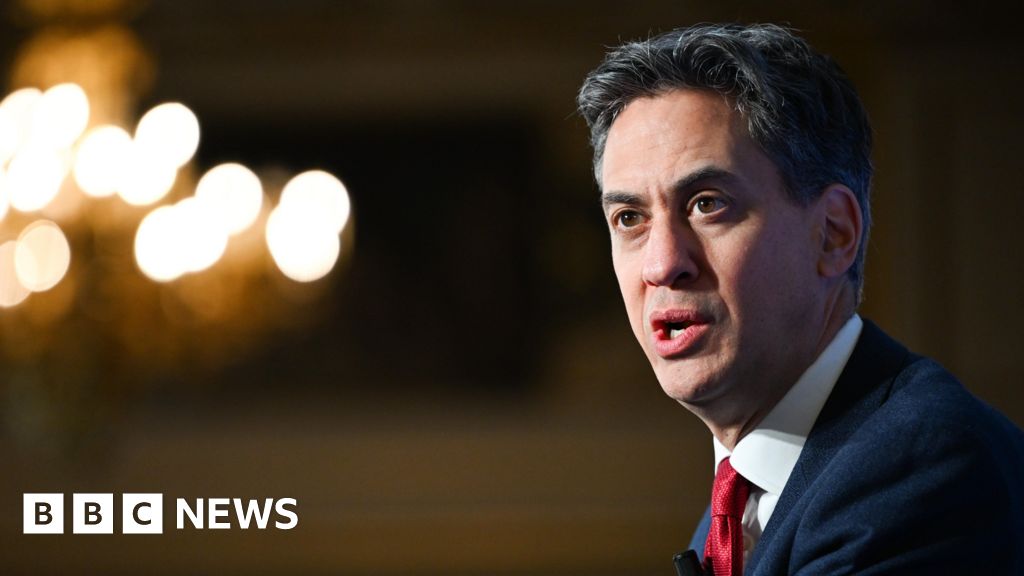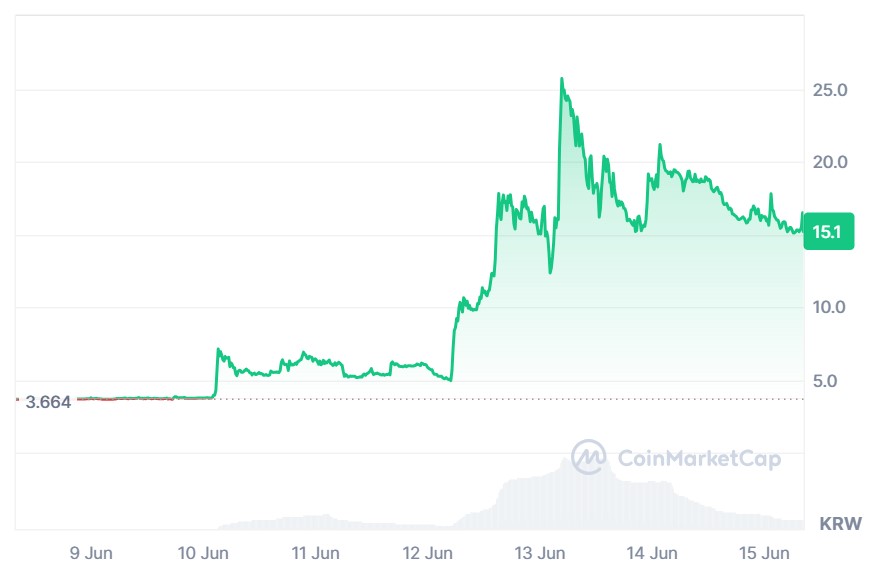The Treasury Department and the White House are taking aim at global money laundering and corruption in line with a United Nations effort, but some sectors of the economy, such as the real estate industry, are falling prey to criminal activity.
This week, the United Nations Convention Against Corruption (UNCAC) Global Summit took place in Atlanta and wrapped on Friday. The Treasury Department released a
The White House also released on Monday a separate
Anna Moneymaker/Getty Images
However, some sectors of the economy continue to be exploited by money launderers. The advocacy group Transparency International US released a
Transparency International and the Financial Accountability & Corporate Transparency (FACT) Coalition briefed reporters during a webinar last week ahead of the UN conference about anti money laundering efforts and proposed legislation known as the Establishing New Authorities for Businesses Laundering and Enabling Risks to Security (ENABLERS) Act, which was first introduced in 2021 in an effort to close loopholes that allow “enablers” to launder illicit funds in the U.S. by extending AML requirements to professional service providers, such accountants, lawyers, and third-party payment services.
“Accountants are part of the financial services system that helps to move money through the U.S. financial system,” said Gary Kalman, executive director of Transparency International US. “The way in which the Enablers Act currently in Congress is written, it does not say all lawyers or all accountants. It focuses rather on the types of services that are high risk, and we think it’s a much better approach. If you’re an accountant at a major corporation, and you’re sitting there taking in receipts and doing some work around invoices or what have you, you may not be in a situation where you’re an accountant that is dealing with high-risk situations. On the other hand, it was an accountant that helped Viktor Bout, a famous arms dealer, move money through corporations in Texas, Delaware and Florida. And so, when accountants are engaged in certain types of financial activities that present a high risk of money laundering, they are a gatekeeper and they are a key factor and a key player in the system. Whether it’s accountants or lawyers or any profession, I think it’s critical to make sure we get it right.”
The federal government is now working to crack down on such activity. “The U.S. has finally admitted that it has a problem when it comes to illicit finance,” said Ian Gary, executive director of the FACT Coalition, during the webinar. “Two years ago at the first Biden-hosted summit for democracy, U.S. Treasury Secretary Yellen admitted that the U.S. is perhaps the easiest place to hide dirty money that may be derived from corruption and other crimes including drug trafficking, human trafficking, and environmental crimes. Last year, the authoritative Financial Secrecy Index for the first time, ranked the U.S. as the No. 1 financial secrecy jurisdiction in the world, ahead of stereotypical secrecy jurisdictions such as Switzerland or the Cayman Islands. As scandals such as the Pandora Papers have shown, the U.S. is a favorite destination for kleptocrats and criminals to hide their dirty money. With Russia’s invasion of Ukraine and other national security threats, it is vitally important to unravel U.S. financial secrecy and to understand the true owners of stolen and illicit funds and assets. Fortunately, the Biden administration has prioritized the global fight against corruption, raising it to the level of a national security priority in the first ever U.S. strategy to counter corruption. This strategy though, is now two years old as of this month, and concrete action has been slow in coming with eagerly awaited regulations to close major money-laundering avenues in the U.S. slow in coming.”
This is the first time ever the U.S. government is hosting the UNCAC talks and presiding over the CoSP for the next two years. “The good thing is that the United States has made the role of promoting and protecting civil society and anti-corruption one of its top priorities of its presidency,” said Corinna Gilfillan, a senior analyst at the UNCAC Coalition, during the webinar. “We really commend this approach and we want to see it actually mean not just words but action.”
Credit: Source link











